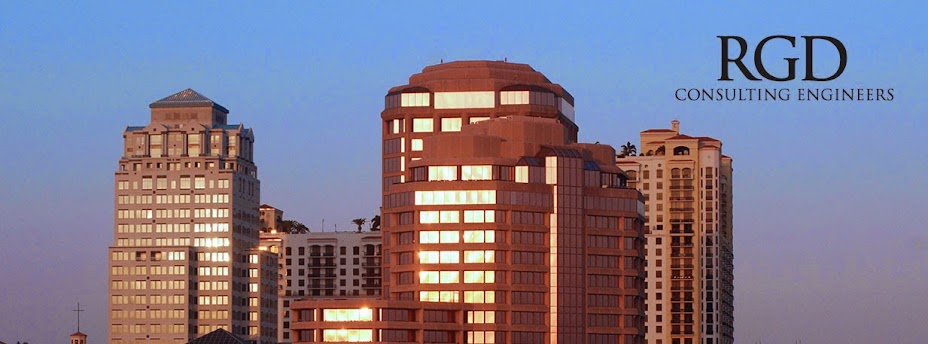Buying a building can be a daunting task, but don't let a bad decision haunt you for years to come. Being a pro-active buyer and having a professional engineering firm perform due diligence to your facility prior to
your purchase can significantly decrease problems later down the road.
What is Due Diligence?
Due Diligence is the process of systematically investigating and verifying the condition of a facility in order to audit the potential investment. If you are considering purchasing a commercial property, due diligence can confirm that your intended use of the facility is possible.
A professional engineering team can help you evaluate whether or not there are any major issues with the building. After the analysis of your facility, the firm will produce a report of their findings that will include:
- Analysis of the structural, mechanical, electrical, plumbing and fire protection systems' conditions and adequacy.
- Estimated life span of existing equipment and structural support.
- Recommendations for immediate repairs and replacements.
- Upgrades for improving existing systems' efficiency and reducing costs.
- Building Code Violations that needed to be addressed.
Are you looking to Buy?
Let RGD Consulting Engineers help you get the most of your investment. While many engineering firms specialize in particular areas, RGD is a multidisciplinary engineering firm and able to evaluate all your structural, mechanical, electrical, plumbing and fire protection systems. Contact us to see how we can help you on your next project.






